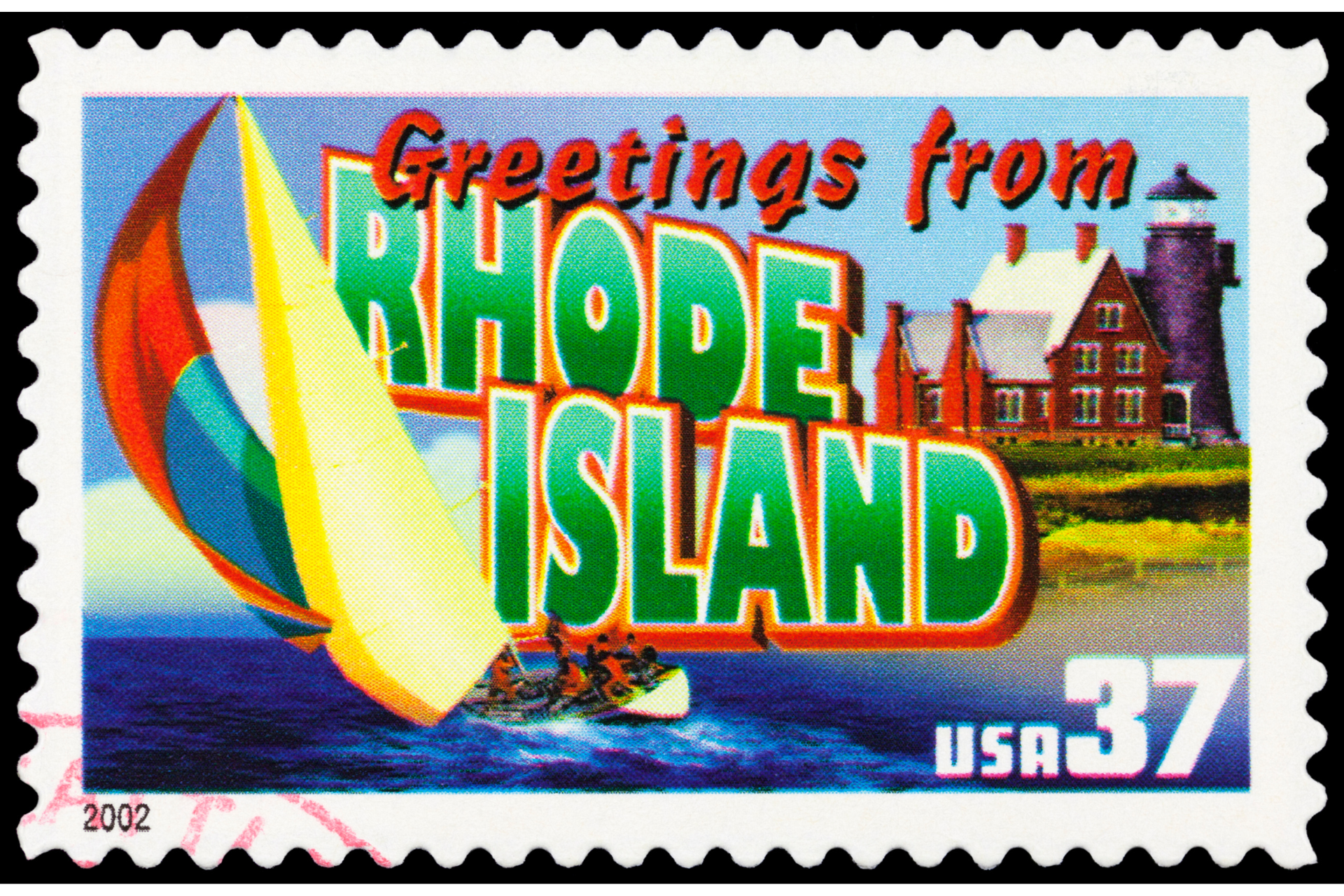We recently published a post documenting Republican support for Puerto Rican statehood, beginning with presidential candidate Mitt Romney and extending back decades to include Republican Presidents Ronald Reagan, George H.W. Bush and Gerald Ford.
What about the Democrats?
The clearest showing of current Democratic support for statehood can be found in Puerto Rico’s own Resident Commissioner, Pedro Pierluisi (D-PR), who recently explained that his 2012 platform “reflects [his] continued goal of securing equal treatment for the people of Puerto Rico under federal law, but also acknowledges the fact that true political, economic and social equality can be achieved only through statehood.”
Pierluisi is not alone among Democrats in Washington in his recognition that Puerto Rico’s current territorial status requires a reexamination. In 2009, he introduced the Puerto Rico Democracy Act (H.R. 2499), calling for a plebiscite in Puerto Rico to discern whether its residents would like to proceed under the status quo and, if not, determine a new relationship with the rest of the United States, including an option for statehood. His bill enjoyed the support of 181 Members of Congress, including Majority Leader Steny Hoyer (D-MD). The House of Representatives passed the Pierluisi legislation by a vote of 223 – 169 .
One of Resident Commissioner Pierluisi’s strongest allies in his quest for statehood is Congressman Jose Serrano (D-NY), a fellow Puerto Rican native, who once explained in Congressional testimony: “I will not rest until the colony is gone. It served a purpose for a long time perhaps, and I give credit to those who took it from where it was to where it is. But it was never the intention of the founders of the commonwealth to keep it as a permanent condition, and it is a condition….As a Puerto Rican, I don’t want my birthplace to be a colony. As an American Congressman, I think it is indecent that my country has colonies in 2007. And this must end.”
President Obama has not addressed the issue of statehood directly. Yet he is prepared to advance statehood if that is the option the people of Puerto Rico choose. As he told a crowd during his visit to Puerto Rico last year, the first visit from a U.S. president in half a century, “When the people of Puerto Rico make a clear decision, my administration will stand by you.”
Equally notable is President Obama’s position on the “Enhanced Commonwealth” option, an historic distraction in congressional debates over Puerto Rico’s status. Page 26 of the 2011 President’s Task Force on Puerto Rico’s Status reiterates the long-held governmental position that the “mutual consent” clause inherent in “Enhanced Commonwealth” is not constitutionally enforceable:
“[C]onsistent with the legal conclusions reached by prior Task Force reports, one aspect of some proposals for enhanced Commonwealth remains constitutionally problematic—proposals that would establish a relationship between Puerto Rico and the Federal Government that could not be altered except by mutual consent. This was a focus of past Task Force reports. The Obama Administration has taken a fresh look at the issue of such mutual consent provisions, and it has concluded that such provisions would not be enforceable because a future Congress could choose to alter that relationship unilaterally.”
Given the long history of confusion in Puerto Rico, this clear statement from the White House on the unconstitutionality of the Enhanced Commonwealth option is a valuable public service that advances – and elevates – Puerto Rico’s debate on status.
The world has moved beyond the era of colonial possessions, and it is time to reexamine why its most prominent democracy continues to govern an island of almost four million people who lack representation. Puerto Rico remains a territory of the United States. Statements that advance its progression to full democracy and equality should be – and have been – shared by both political parties in Congress and the White House. If the people of Puerto Rico choose statehood on Election Day, they will find friends and supporters in Washington.


